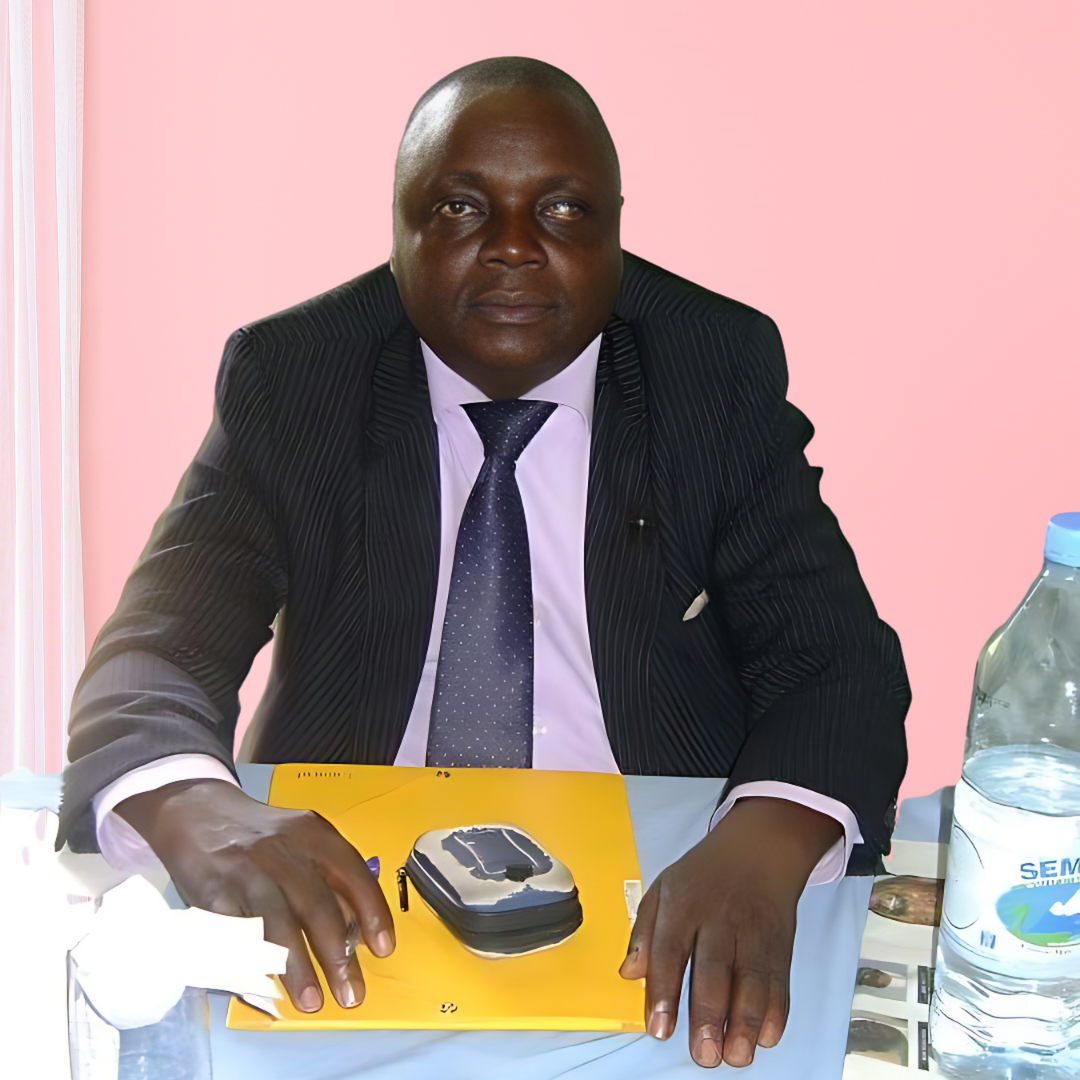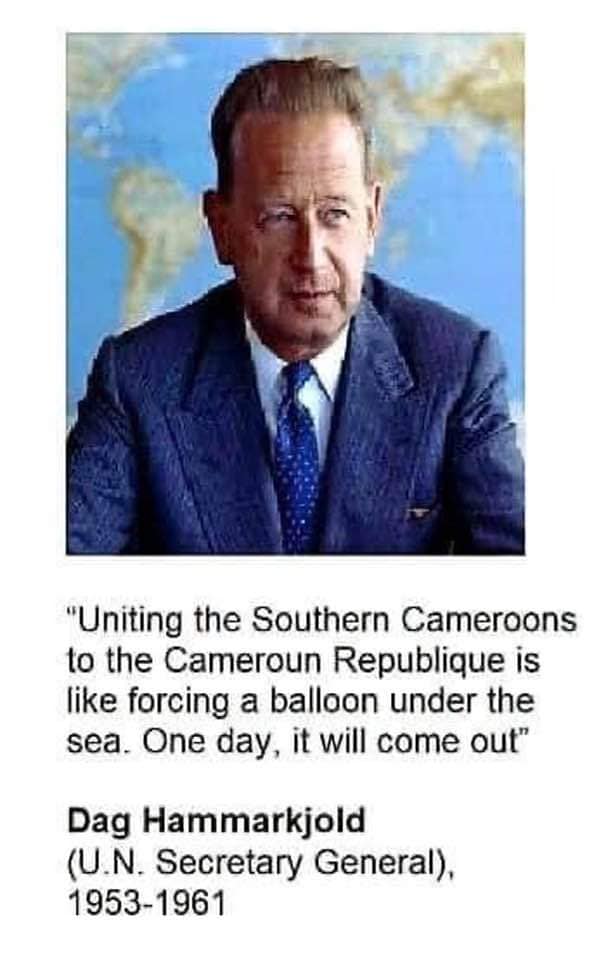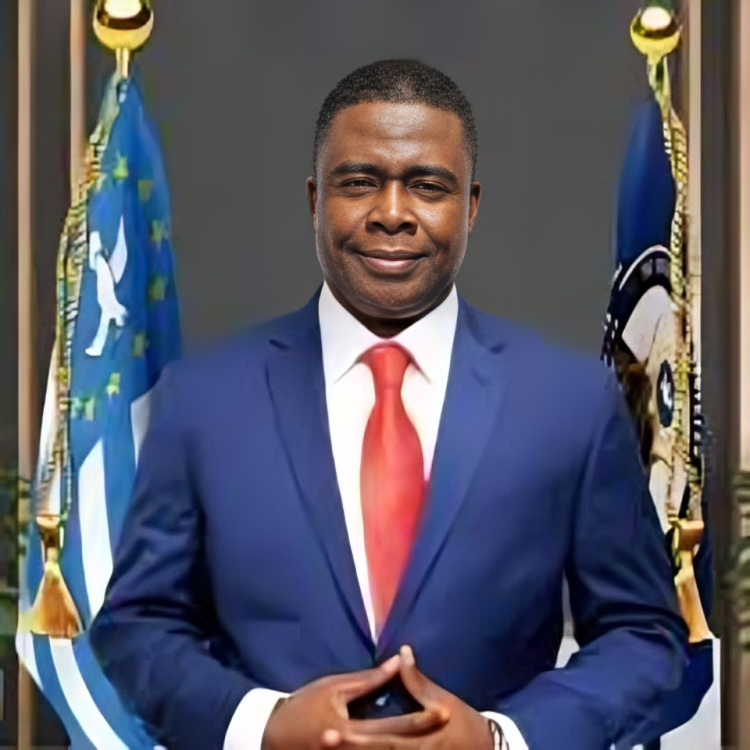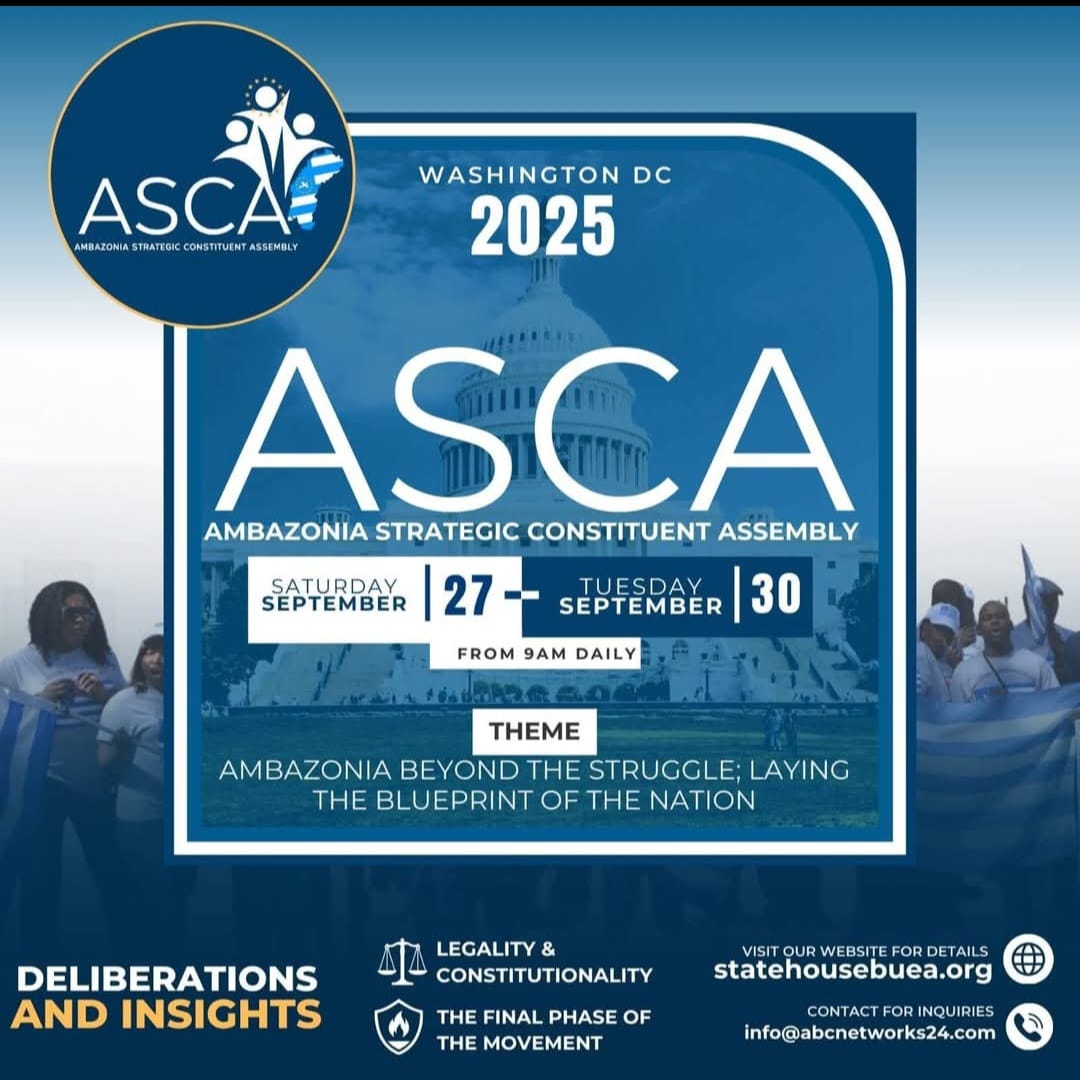Dr Samuel Ikome Sako CORRECTS Prof. Carlson Ayangwe and Dr. Simon Munzu
The myth of complete decolonization is a legal and historical fact, Dr. Samuel Ikome Sako comments: In a recent television appearance, Professor Carlson Anyangwe and Dr. Simon Munsu sparred over the historical question of whether the decolonization of the southern Cameroons was complete on October 1st, 1961, the day Britain withdrew from the territory. Dr. Anyangwe insisted that the act of Britain leaving the southern Cameroons marked full decolonization.
The professor made the statement to Concord, the position of Dr. Munsu, in principle, that he attributed subsequent problems to the British management of the decolonization process without detailing the deeper legal breaches that occurred. This framing, whether intentional or not, dangerously distorts the record. It risks aligning with the narrative of regime apologists who insist that Cameroon is one and indivisible while ignoring the fact that the process that unfolded was not lawful decolonization.
It was an unconsented transfer of sovereignty from Britain to the Republic of Cameroon, followed by annexation and occupation. Decolonization, I know it is more than a flag ceremony.
International law, particularly the United Nations Charter, the Trusteeship Agreement, and related General Assembly resolutions, does not define decolonization as the mere departure of the administering authority. It is a process requiring, number one, self-determination through a fair and transparent choice that includes all legitimate status options, including independence. Number two, constitutional arrangements reflecting the will of the people of the trust territory.
Number three, negotiations between equals, not unilateral imposition by a successor state. In the case of the southern Cameroons, none of these conditions were fully met. The plebiscite without independence on February 11, 1966, an unsupervised plebiscite, gave the southern Cameroon voters only two options: join Nigeria or join the Republic of Cameroon.
The option of full sovereignty, the essence of true independence, was absent. The exclusion violated the spirit of the UN Resolution 1514, Alinea 15. On the granting of true independence to colonial countries and people, without the third option of independence, the plebiscite was a consultation to transfer sovereignty either to Nigeria or French Cameroon.
You can only be independent by separating. You cannot be independent by joining. The federal constitution of Cameroon was also imposed before this trusteeship ended.
And this constitution was imposed and promulgated on September the 1st, 1961. September 1st, 1961, was one full month before this trusteeship over the southern Cameroons officially ended. The Republic of Cameroon promulgated that federal constitution.
Southern Cameroon leaders did not participate as equal partners in drafting that constitution, nor was it submitted to a referendum in the southern Cameroons. This act preempted the determination of trusteeship, violating the principle that constitutional arrangements must be the result of genuine negotiations between the people of the trust territory and the proposed partner state. Also, a false comparative perspective between the southern Cameroons, Togoland, and Tanganyika.
The southern Cameroon state stands in sharp contrast to other trust territories. British Togoland, in 1956, held a plebiscite offering a choice of continuing trusteeship or integrating with the Gold Coast. After the Gold Coast’s independence as Ghana, Togoland became part of the new state by the prior transparent consent of all the authorities and the people of Togoland.
Tanganyika, in 1961, moved from self-government to full independence in a clear, linear process without being subsumed by another state before independence. The southern Cameroons, by contrast, already had self-government, a functioning parliamentary democracy, and its head of government, arguably more advanced than French Cameroon at the time, yet was denied the independence option and absorbed by another state without consent. Annexation, not independence, by joining.
That’s what it was. The so-called independence by joining formula, often cited to justify the outcome, was not standard UN practice; where joining occurred elsewhere, it followed an act of independence or was accompanied by constitutional guarantees negotiated in good faith. In southern Cameroon, what happened was a direct transfer of sovereignty from Britain to Cameroon.
This was annexation under the cover of UN procedure, not lawful decolonization. The danger of sanitizing the truth, and this I say to all of us nationalists, we respected nationalist figures such as Professor Anyangwe, sit alongside well-known regime apologists or sellouts like Dr. Munzo, and fail to press the legal and historical truth. It risks legitimizing a false narrative saying merely that the British messed us up, like Professor Anyangwe said, without naming the breaches of law, is an abdication of responsibility to the movement and the people of the southern Cameroons.
The problem today is that southern Cameroon, Zambia, remains under occupation. Its legal personality as a self-governing territory under international law has never been extinguished, but in practice, its autonomy, institutions, and cultural rights have been dismantled by Yaounde’s unitary state. The consequences are evident.
Marginalization, systemic oppression, and armed conflict. This is the way forward. We must revive the Banjo Declaration.
The African Commission on Human Rights, Human and Peoples’ Rights of 2009, recognized the need for dialogue. This means a valid entry point, and that remains a valid entry point. Genuine negotiations are needed.
No imposed solutions. Any settlement must be negotiated between legitimate representatives of the Southern Cameroons and the Republic of Cameroon on an equal footing. An international approval case is needed.
We have to press for the recognition of the U.N.-supervised process that this U.N. process in the first place failed to meet the trusteeship obligations, and that the people’s right to self-determination remains a valid one. Conflict resolution. Without genuine dialogue, the conflict will persist.
The war will continue. But with genuine dialogue and negotiation, a political settlement becomes possible. And here’s my conclusion.
The departure of the British on the 1st of October 1961 was not the end of colonization in southern Cameroons. It was the beginning of a new form of domination. Pretending otherwise is not only intellectually dishonest, it also perpetuates the very injustice that has led us to the current conflict.
True decolonization is yet to be achieved. And the struggle continues, not for nostalgia’s sake, but because justice demands it. Thank you for listening
Dr Samuel Ikome Sako CORRECTS Prof. Carlson Ayangwe and Dr. Simon Munzu





